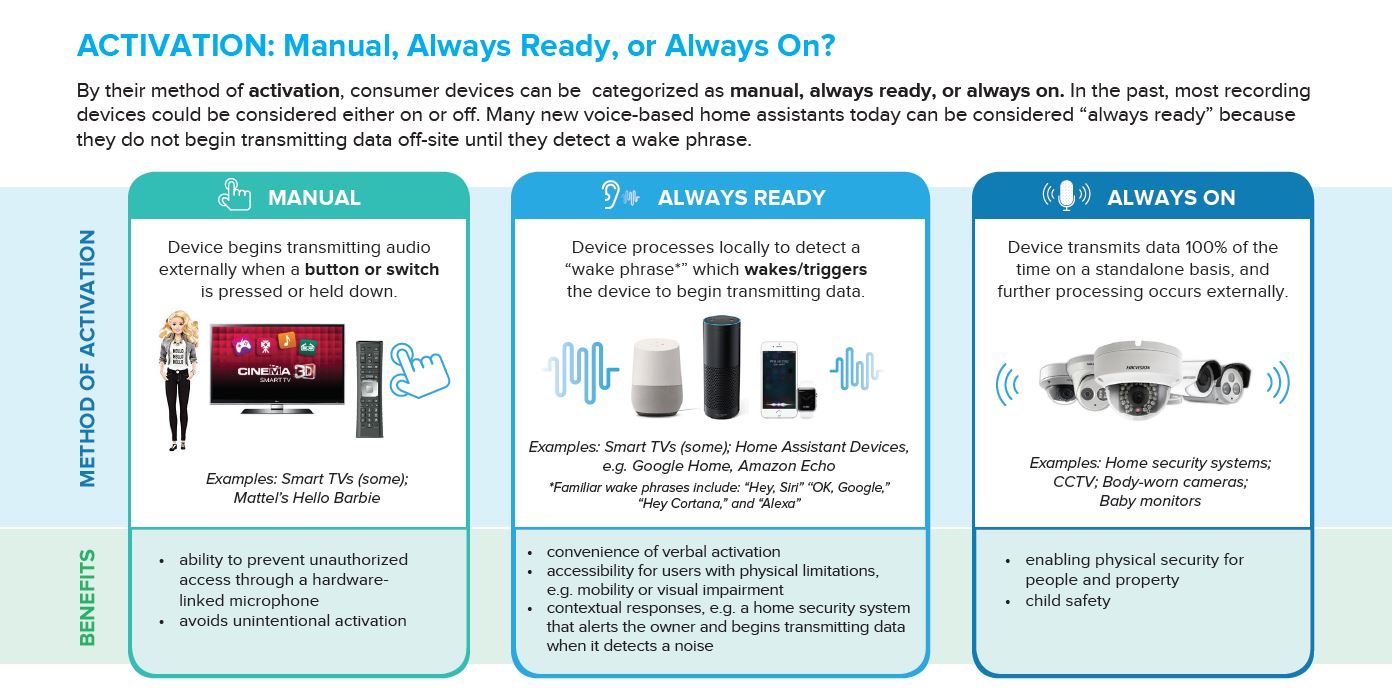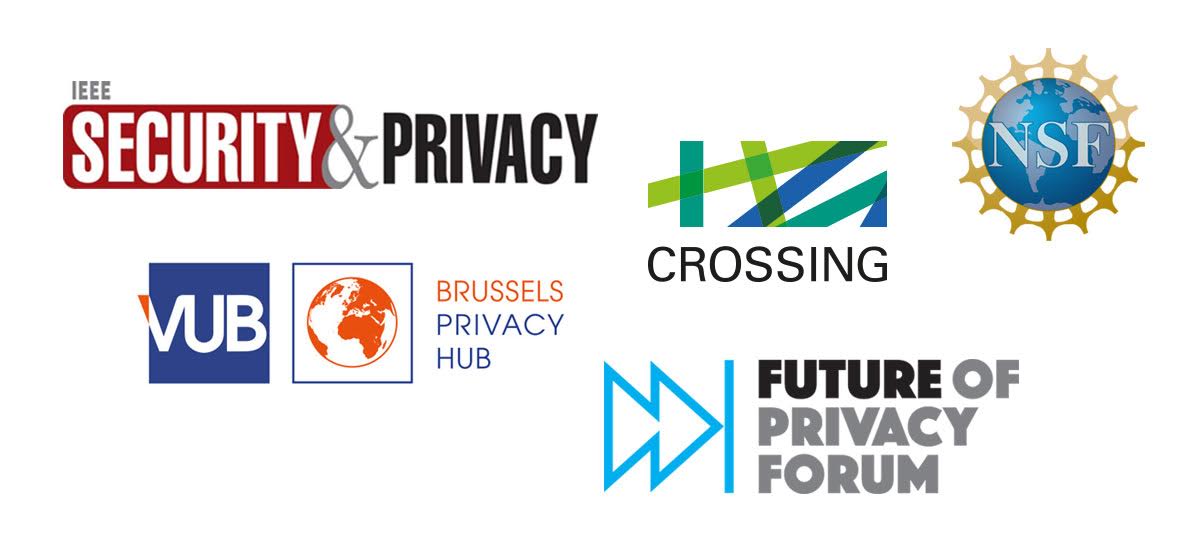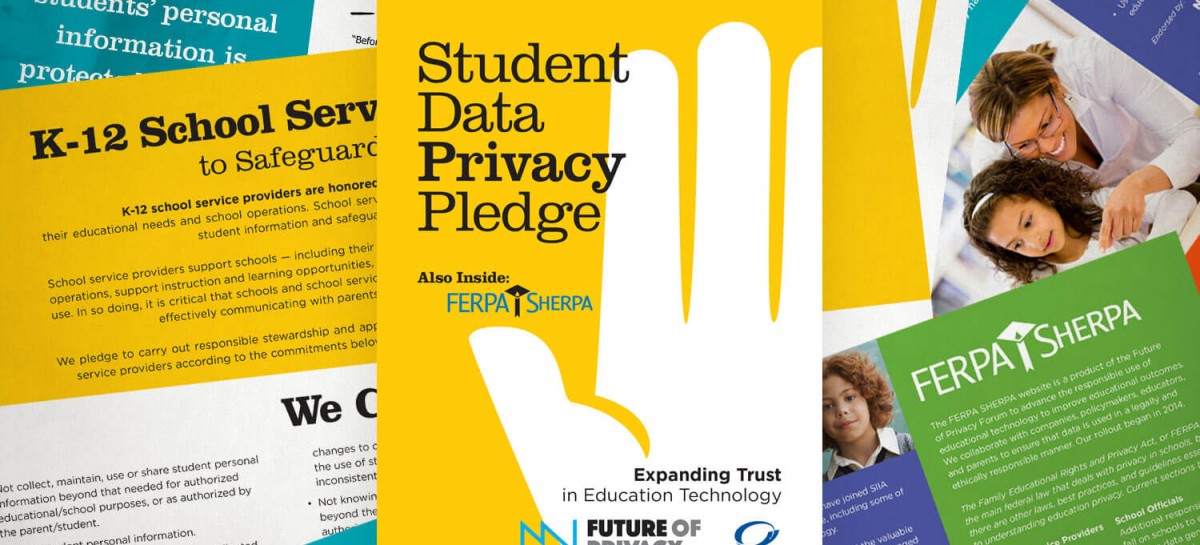Showing results for viiia20 oncept promised zimbabwe

New Infographic: Understanding Uses of Microphones in Internet of Things (IoT) Devices
Washington, DC – Today, the Future of Privacy Forum released an infographic, “Microphones & the Internet of Things: Understanding Uses of Audio Sensors in Connected Devices.” In order to enable the benefits of new voice-based services while protecting data privacy, this infographic attempts to explain the range of possible uses of microphones in connected devices.

The House’s SELF DRIVE Act Races Ahead on Privacy
In a rare moment of bipartisanship, the House Energy and Commerce Committee yesterday unanimously approved the SELF DRIVE Act H.R. 3388, sending it to the full House of Representatives for consideration. The bill facilitates introduction and testing of autonomous cars by clarifying federal and state roles, and by granting exemptions from motor vehicle standards that have impeded introduction of new automated vehicle technologies. This vote was an important step forward in enabling introduction of new technologies that have the potential to transform the future of mobility and maximize consumer safety.

Privacy Scholarship Research Reporter: Issue 2, July 2017 – Artificial Intelligence and Machine Learning: The Privacy Challenge
Notes from FPF Building on our first issue, which discussed the various privacy challenges related to algorithmic accountability, Future of Privacy Forum’s Privacy Scholarship Reporter now turns its focus to thoughtful, academic considerations of the privacy challenges, and ethical data use considerations, of AI and Machine Learning. Artificial Intelligence is perhaps easier to intuitively grasp […]

Consumer Genetic Testing: Beginning to Assess Privacy Practices
Genetic testing is becoming more widely available to consumers; such testing can be an exciting new opportunity to help individuals flesh out family histories, discover cultural connections, and learn about their personal backgrounds. The availability of low-cost genetic sequencing and analysis has led to numerous businesses offering a variety of services, including some that provide detailed health and wellness reports that explain how genetics can influence risks for certain diseases. The enthusiastic public response demonstrates that there is great demand for this knowledge.

Homomorphic Encryption Signals the Future for Socially Valuable Research on Private Data
[…] Encryption Methods One of the reasons researchers are enthused is because very often the data sets they wish to study belong to separate organizations, each who has promised to protect the privacy and personal information of the data subjects. Fully homomorphic encryption provides the ability to generate aggregated reports about the comparisons between separate, fully […]

AI Ethics: The Privacy Challenge
The Future of Privacy Forum and the Brussels Privacy Hub of the Vrije Universiteit Brussel (VUB) are partnering with IEEE Security & Privacy in a call for papers focused on AI Ethics: The Privacy Challenge. Selected papers will be featured at The Brussels Privacy Symposium, an academic program jointly presented by the Brussels Privacy Hub of the VUB and FPF’s National Science Foundation supported Research Coordination Network.

Privacy Scholarship Research Reporter: Issue 1, May 2017 – Algorithms: Privacy Risk and Accountability
Notes from FPF Through academic, policy, and industry circles, making progress on the cluster of issues related to algorithmic accountability has become a leading priority. The inaugural issue of the Future of Privacy Forum’s Privacy Scholarship Reporter provides a clear and compelling look into some of the most worrisome problems and promising solutions. Although not […]

The Top 10: Student Privacy News (Feb-March 2017)
The Future of Privacy Forum tracks student privacy news very closely, and shares relevant news stories with our newsletter subscribers.* Approximately every month, we post “The Top 10,” a blog with our top student privacy stories. New America has released an ethical framework to help colleges use predictive analytics to benefit students (this report follows their previous report […]

The Student Privacy Pledge is a Binding Legal Commitment and G Suite for Education Makes the Grade
The Student Privacy Pledge is a public and legally enforceable statement by ed tech companies to safeguard student privacy, built around a dozen commitments regarding the collection, maintenance, and use of student personal information. Since it was introduced in 2014 by the Future of Privacy Forum and the Software and Information Industry Association, more than 300 ed tech companies have become signatories, and it was endorsed by the White House in 2015.

FPF Statement on Privacy and Wearables
A new report released today by the Center for Digital Democracy and the School of Communications at American University focuses on privacy and wearables. As a recent HHS report made clear, the data collected by most wearables is not regulated to the same degree as information you provide to your doctor. But several mechanisms have ensured that many health and fitness apps respect users’ data – the leading app platforms impose strong privacy requirements, barring sale of sensitive data and requiring enhanced notice.
